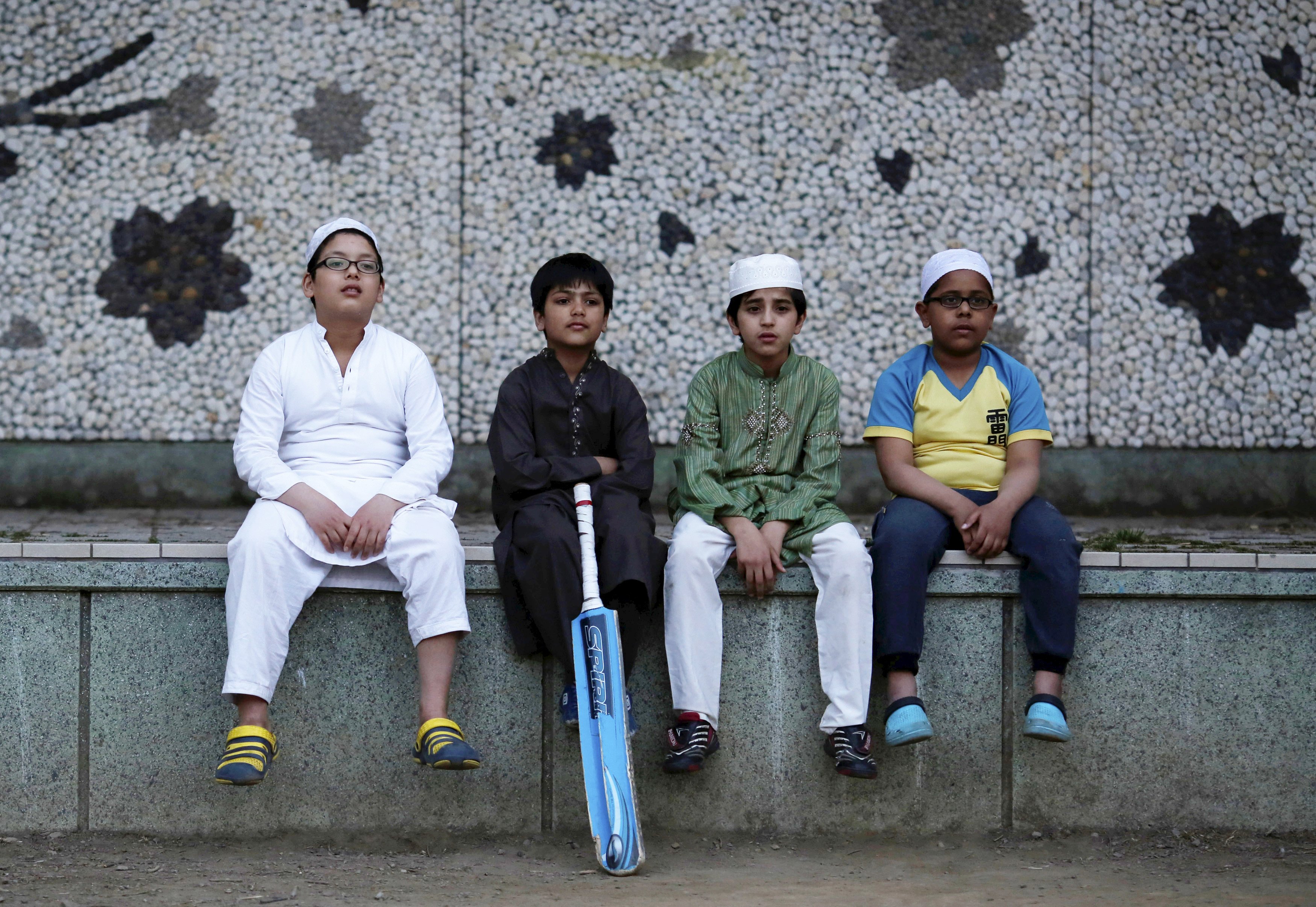Afghan children studying at a madrassa, Catholic mass in seven languages, workers from over sixty countries.
It's not New York, but Ota, a town north of Tokyo with an economy powered by Japanese automaker Subaru. It's here that Subaru's parent company, Fuji Heavy Industries Ltd. got its start building engines and the Hayate fighter plane for the Imperial Japanese Army in the 1940s. A recent influx of foreigners has transformed the Subaru hub, making it a rare example of multiculturalism in a country stubbornly resistant to immigration.
Drawn by the prospect of jobs in factories supplying Subaru's export-driven boom, Ota's foreigners — many of them asylum seekers and indebted trainees — work long hours for low pay. Some have established communities centered around mosques and churches. But others feel alienated by punishing work schedules and scant assistance with Japanese language from the town's authorities, they say in interviews.


















With your current subscription plan you can comment on stories. However, before writing your first comment, please create a display name in the Profile section of your subscriber account page.